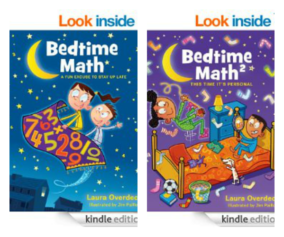When News.me, a New York company, acquired some assets of the earliest social news sharing service Digg and refocused on Digg, its chance of making it was seen as a long shot. And while that dark prognosis hasn’t changed, Digg has come up with a business model—making app discovery easier—that could set it on the right path and in the process show others a new way of doing business.
Back in the day, when Digg was still a dominant force on the Web, the company essentially came up with the “sponsored story links as an ad-unit” concept, which proved to be quite successful, since it fit in with the overall usage behavior of Digg’s community. The new Digg has taken that concept and applied it to mobile apps. They call this Apps We Love. Apps that meet Digg’s criterion will pay an undisclosed amount of money to be featured.
Digg Chief Executive Jake Levine says that the two apps that have been featured in tests so far—Zapd and Tapestry—have had click-through rates of 2 percent to 4 percent on about 250,000 impressions per ad across the Web and on mobile platforms, with higher rates on mobile devices.
The click-through rate mirrors the click throughs on such services as BuzzFeed, which have taken a similar “content as advertising” approach. This approach has been a subject of great debate for a long time and will continue to be debated in the context of traditional media publications.
John Borthwick, a co-founder and the CEO of Betaworks, the main backer of Digg, believes that as the content and media types continue to evolve, Internet advertising has to take an along-the-grain approach; as he defines it, “along the grain” means where advertising matches the service. For example, Google (GOOG) AdWords offered a utility not too different from its unpaid search results, which lead to better use of advertisements. It turned out to be a big hit, and the company has benefitted deeply from it. Twitter has started pushing promoted tweets that are very much in sync with its unpaid behavior. Borthwick believes that since Digg helped the discovery of news stories, taking the promote-the-app route is an obvious move for the company.
Digg is part of a growing number of services that are trying to arbitrage the near-term inefficiency in the app market. Yesterday there was news that since Apple (AAPL) launched its app store, it had approved more than 1 million apps. The Android app market is growing at a breakneck speed as well. All this growth has made discovery of apps very difficult.
Read more: BusinessWeek

